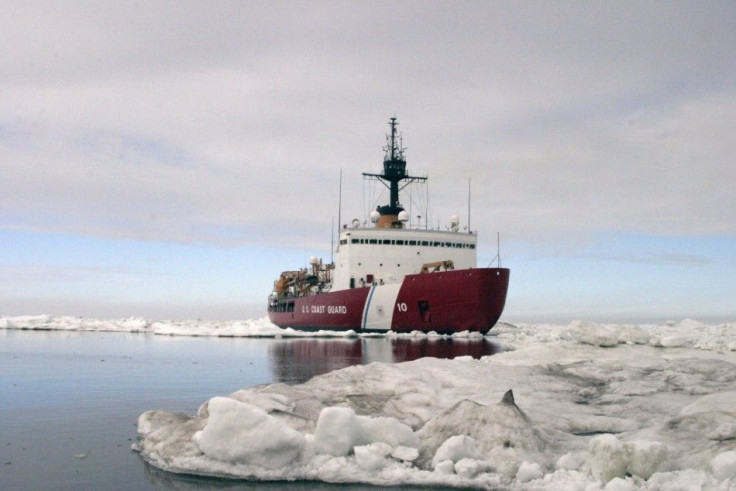Russian Territory Grows Bigger By 1,165 km² In Arctic Region

A completed cartographic survey into a recently discovered island in the Arctic is set to expand Russia's territorial sovereignty in the Arctic region by 1,165 km². RIA Novosti reports one of the country's oceanographic vessels made a search into the region based on the initial findings of Russian pilots in 2013, who claimed they saw the island named Yaya in the Novosibirsk archipelago. The latter is a part of Russia.
Portal PRAVDA.Ru noted that the island is small, measuring 125 by 370 metres, including the lagoon. Still, its discovery can significantly increase the economic zone in the Laptev Sea, according to RIA Novosti.
PRAVDA.Ru reports this is not the first time that Russia's territorial sovereignty expanded by virtue of discoveries made in the Arctic region. In December 2013, the UN Commission on the Law of the Sea upheld Russia's application filed in 2001 seeking the right to claim the area of the Sea of Okhotsk, which is about 50,000 square kilometres. Russian oil giant Rosneft said there is a 1.1 billion tonne of oil and 2 trillion cubic metres of gas reserves under that seabed.
Overall, the Arctic region is estimated to hold 13 percent of the world's untapped energy reserves, and Russia wants to have the first dibs into such massive energy riches. Evidence of this are the modular military encampment and the six-metre military chapel being built on Wrangel Island since September.
The military installations, however, caught the ire of Russian environmentalists who said Wrangel Island is a maternity home for female polar bears. Sergei Tsyplenkov, head of Greenpeace Russia, warned human activities on the island could greatly disrupt the natural habitat and activities of the rare species of animals.
President Vladimir Putin personally ensured Tsyplenkov utmost care will be carried out as the country pursues the militarisation of its Arctic territory. Mr Putin is globally known as an advocate for preserving endangered and rare animals from extinction. In fact, at his Kremlin portal, he placed a dedicated site for the polar bear programme.
In its letter to the Russian Chief Military Prosecutor, Greenpeace Russia said that carrying out military exercises in the reserve is "a flagrant violation of Russian law. After all, it is not even allowed to enter the nature reserve without permission from the Ministry of Environment."
Mr Putin vowed to look into the matter and promised the new military bases will not impact the region's polar bear population. Early in October, Russia announced it will establish a military command structure in the Arctic region by 2017. By 2015, Moscow hopes to reopen all of its former Soviet defence infrastructure in the region.





















